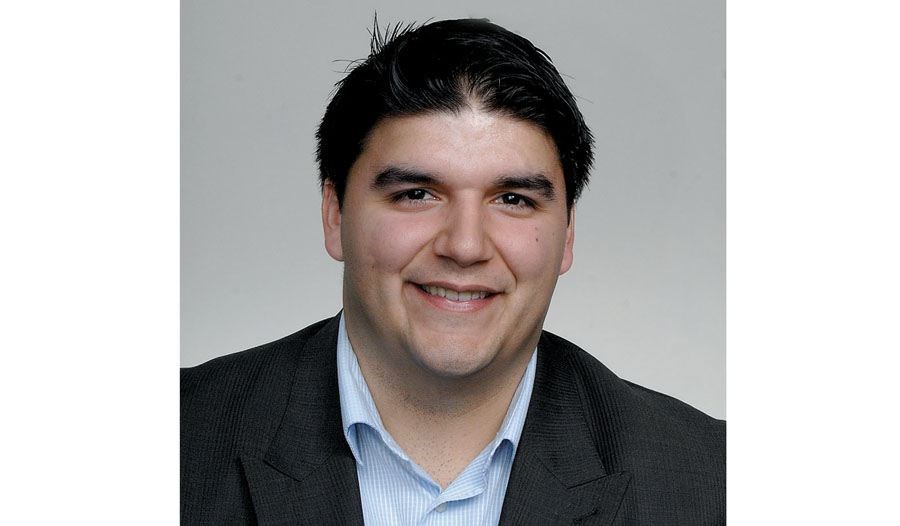Over the weekend, I bumped into a fan. The fan asked me why after nearly 18 months of writing I had neglected to write about LGBTQ (lesbian, gay, bisexual, transgender and questioning) issues and Pride. I responded that given what befalls those who question the current consensus, and given my socially conservative bent, I thought it best to keep silent. The fan, head shaking, said, "that sounds like special treatment to me." Perhaps I've been baited, perhaps editor Neil Godbout will fire me, but here are my thoughts on the topic.
It must be said that LGBTQ rights as manifested today are an incredible political achievement. What would have been unspeakable just a generation ago and cause for certification or imprisonment two generations ago is now celebrated as Pride and draws public officials of every stripe. It is, quite frankly, the largest paradigm shift in Western history since the Reformation: the gender and sexual norms one is born into no longer dictate life's course.
This point is both more drastic and more important than first meets the eye. Even in pagan times of old, manifestations of non-normative gender and sexual activity were customarily relegated to very specific parts of society: the bonding within certain classes or professions, the usefulness of asexual servants in a palace, and even the celebration of certain gods or seasons.
But compartmentalization of LGBTQ activity to society's fringes - even when self-imposed - has been obliterated. With strong and unrelenting voices, many people from all walks of life now proclaim that issues of pride, inclusion, and diversity must become universal credos. The rainbow flag is hoisted tall at town halls, monuments, and businesses. Even Mr. P.G. is apparently on board.
Perhaps Bob Dylan was right - the times, they are a changin'.
And yet, I remain unconvinced. Yes, it is arguable that the world has become "more tolerant" in a legalistic, perhaps even cultural sense. But between the several unanswered questions and blatant contradictions caused by human nature, I find myself unable to fully embrace what is now lauded as the highest precepts of secular democracy.
For example, I do not believe the question of choice versus biology regarding orientation, gender, or attraction has been settled; and what's more, I believe several people on both sides of the LGBTQ rights issue are knowingly sidestepping the philosophical quandary at hand: if it is a matter of choice, then it can be argued over just like any other choice humans make; and if it is a matter of biology, then issues of evolutionary survival and behaviorism rear their ugly heads.
Further to this, Nietzsche's warning about "becoming the monster you hunt" starts to ring true after an even cursory glance at some tactics implemented by die-hard supporters and lobbyists on behalf of LGBTQ issues: outing public figures, bullying on social and traditional media, lawsuits, grandstanding, shameless slander and libel. Yes, it's true all these methods have been used and are still used against the LGBTQ community. But do two wrongs make a right?
Even those within the LGBTQ camp are not immune to censorship and excommunication. One need only look at the late essayist Gore Vidal or the brilliant critic Camille Paglia's relationship with those in command of the LGBTQ movement to see that that the less "on message" one is, the less "tolerance" there is for you. Not exactly what I would call fair and open dialogue.
In short, I am well aware I am certainly inviting a deluge of criticism for what I've written here. But the mere fact that as tempered a meditation as what I've inked above will certainly draw accusations of bigotry goes to show just how entitled and paranoid the consensus on LGBTQ issues is. It is my understanding that every idea, concept, movement, and political person should be examined and tested. But perhaps it's naive to think such questions ought to be tolerated.



